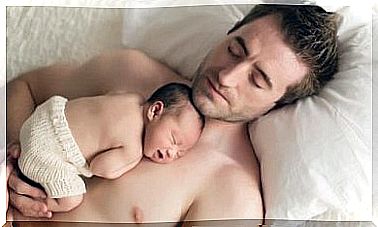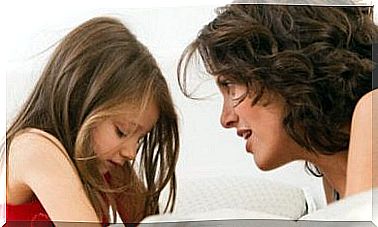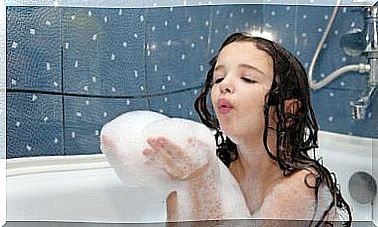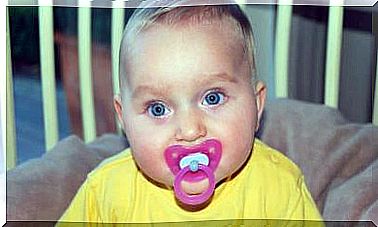What Is Tourette’s Syndrome? – Being Parents
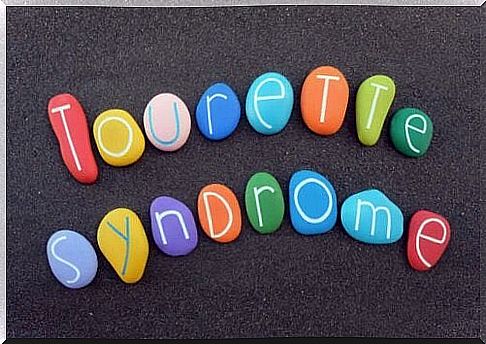
Tourette’s syndrome is a neurological disorder characterized by motor and verbal tics that appear during childhood. It prompts the child to make sudden, repetitive and uncontrollable movements or sounds, which can greatly affect his quality of life.
However, we often get the wrong picture of what this disorder is because of the way movies present it.
Usually it is shown on screen as an illness where the person shouts insults, swear words or socially inappropriate comments (coprolalia). Or the person makes unintentional obscene gestures (copropraxy). However, despite their wide public dissemination, these manifestations are infrequent in Tourette’s syndrome.
What is Tourette’s syndrome?
Tourette’s syndrome is a neurological disorder that appears during childhood or adolescence, before the age of 18. It usually begins onset between the ages of 5 and 9, and one of its first manifestations is facial tics , such as frequent blinking or wrinkling. Tics vary over time in nature, intensity and frequency, with periods of remission and exacerbation. The tics that can appear are:
- Motors: sudden, repetitive, and uncontrollable movements of different parts of the body.
- Vocals: involuntary emission of sounds or words, of brief and intermittent form.

Tics, both motor and vocal, can be either simple or complex.
- Simple: Simple tics include those that involve the work of only one muscle group, such as blinking an eye or retracting the shoulders, or growling, in the case of vocal tics.
- Complex: involve many muscle groups and are more elaborate . For example: jumping, turning or touching a part of the body are part of motor tics. In vocal tics, there is the uttering of insults, the repetition of the child’s own words or those of others (echolalia).
All of these movements and expressions are involuntary and uncontrollable for the child and tend to come after a premonitory impulse. This term refers to an uncomfortable bodily sensation (such as a tingling, tickling, which is similar to that of a sneeze).
This sensation is relieved only when the tic appears. With great effort, some children can temporarily suppress their tics. However, if physical or nervous tension were to build up, the tics will appear again.
Considerations to take into account
Between approximately 0.4% and 3.8% of minors are affected by this syndrome. Several converging theories claim that this disorder is caused by both genetic and environmental factors, and affects boys three times more than girls.
In addition, Tourette’s syndrome has been found in other disorders and diseases. These are mainly attention problems (ADHD), driving, obsessive-compulsive disorders, anxiety or depression.
Fortunately , the disorder tends to decrease with age. There are very few cases that maintain a high severity after the passage of adolescence. On the other hand, we find a peak of symptoms in times when the child is tired, sick or living under stressful conditions.
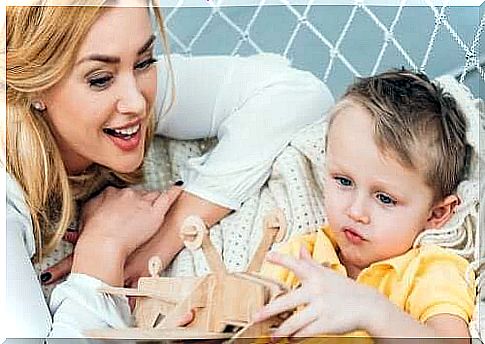
Tourette’s syndrome does not affect the intelligence or health of those who have it. Usually , these children have to deal with a great deal of misunderstanding on the part of others, which can cause them to feel anxious or even ashamed. This is why it is important that the people around him find themselves informed and show understanding.
Finally, we would like to remind you that the appearance of tics in children is not necessarily a sign that they have this disorder. On the contrary, tics are a rather frequent phenomenon in children who, in general, present themselves in a transient manner. These tics will be resolved without major difficulty. Tourette’s syndrome is an unusual disease. Also, even rarer are cases that present a high severity.
Treatment of Tourette’s syndrome
There is no single drug to fight this syndrome. On the contrary, there are several options available depending on the case. However, these are drugs that can cause serious side effects. Therefore, it is better not to use them when the tics are not disabling.
As for psychological treatment, the habit reversal technique has been proven to be effective in reducing symptoms. Also, relaxation techniques can be very beneficial. As is the treatment of other associated psychological conditions that may be present – such as DAH or OCDs.

